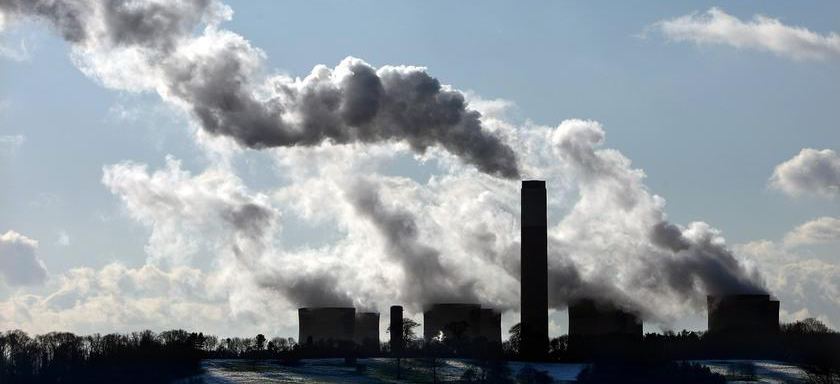Investors demanding change will force companies to adopt low-carbon measures far more quickly than governments can through regulation, according to an expert on emerging ‘green’ funds.
“Achieving the Paris Accord goals by legislative compulsion, against the will of industry, is now impossible. We have already run out of time,” said Kevin McGeeney, CEO of SCB Group, a Swiss-based commodity broking group of companies that promotes a lower-carbon future.
He said a growing range of interests – including insurers, accountants, governments and above all private investors – were all imposing leverage on high-carbon industries to change their ways or lose out.
Mr McGeeney spoke to the Irish Independent after his address yesterday to the Institute of International and European Affairs.
He said that the rapid development of environmental, social and governance (ESG) funds could be the key to minimising climate change.
From a baseline of nearly zero a decade ago, he said ESG funds today represented $15trn (€13.6trn) of the $84trn in equity assets under management worldwide.
While such “impact investing” might promote the public good, Mr McGeeney said, ESG funds were producing higher profits even for conservative US investors publicly sceptical of climate change.
“ESG is about positive screening. Investment managers target the things they want, not merely avoid the things they do not want, such as tobacco, alcohol and fossil fuels,” he said.
“ESG investment strategies outperform conventional investments. ESG has higher risk-adjusted returns.
“Voluntarily taking into account environmental, social and governance criteria leads to improved performance.” He added: “This is tremendous news. Doing the right thing … gives better returns.”
He said high-carbon companies faced serious threats to profits from financial regulators’ growing lawsuits, combined with their own auditors’ demands to write down carbon-based assets.
“The regulator that high-carbon businesses need to fear most is not the environmental protection agencies. It’s the financial service regulators,” Mr McGeeney said, noting financial regulators in New York and Massachusetts were suing energy firms to write down the value of untapped and potentially non-commercial holdings.
Insurers were particularly keen to see companies lead the way on combatting climate change, he said, because the world was becoming “increasingly uninsurable” from increasing floods, wildfires, hurricanes and typhoons.
Mr McGeeney said government regulation had signally failed to deliver a key element of reducing emissions, by recycling cooking oil into carbon-neutral diesel.
A large part of the reason behind this, he said, was that a regulatory-led process was too complex and burdensome.
He noted that the annual conversion of one million tonnes of cooking oil for use in the UK’s diesel consumption required 22,400 chains of legal documentation.
Mr McGeeney forecast that over the coming decade, “issues of climate change will be driven more by voluntary investor demand”.
He added: “We see the insurance and investment industry is quickly moving to an ESG environment.
He expects this change to accelerate as ESG-based funds keep outperforming others.
“Fund managers are going to start pushing it, simply because ESG is offering more return for less risk. It’s pro-environment, pro-social and pro-governance,” he told the conference, held at Deloitte Ireland.
“I’ve never come across an easier sell in my life.
“It will be the private sector doing it for its own benefit.”
To contact de Reporter of this story:
Shawn Pogatchnik on Twitter @ShawnPogatchnik



